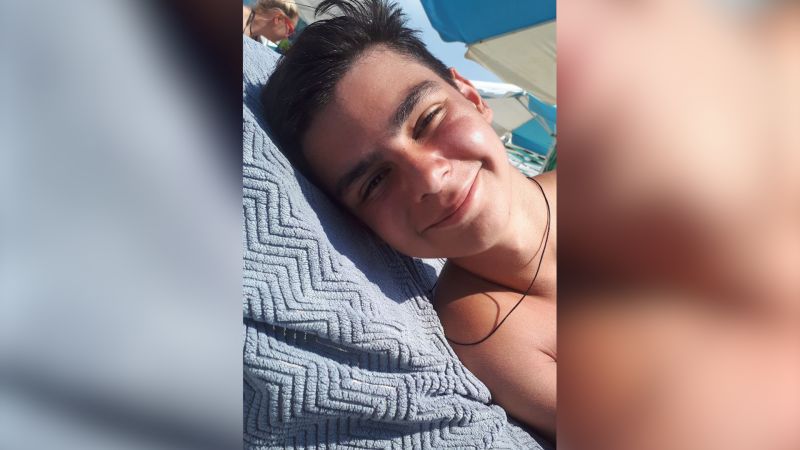
Silenced Dreams: The Harrowing Tale of Russian Teenagers Imprisoned for Their Opinions
In recent years, an alarming trend has emerged in Russia as more and more teenagers are being subjected to detainment and imprisonment for expressing their opposition against the regime. These youngsters, merely exercising their fundamental right to free speech, have been caught up in an expansive and often ambiguous legal network designed to suppress any form of dissent.
Expressions of dissent, while being a bedrock of democracy, have increasingly become a thorn in the side of the present Russian administration. The Kremlin targets not only established opposition faction leaders but also youngsters who dare to question the current political direction or those who speak out about issues such as human rights and education. These arrests are often rationalized through broadly interpreted, controversial laws such as the law on extremism.
Law enforcement has made ample use of a legal system that has changed considerably, leaning more towards control and suppression. The prominent use of the extremism law, notoriously known for its ambiguity, has been a game-changer. It covers an expansive definition, allowing for almost any action or speech to be considered a threat to the nation. By framing its dissenters as extremist elements, the state amplifies its control, ironically treading the same path as the oppressive regimes it once condemned.
The youngest victim of this law, only 19, ended up being prosecuted for participating in a protest rally, a right supposedly protected by the Russian constitution. Simultaneously, the state also uses the slightly less ambiguous law concerning Unlawful organizations, which allows penalties to be imposed on those found guilty of affiliation with organizations that are deemed ‘foreign agents’ or ‘undesirable’.
Social media, once a bastion of freedom of expression for youths worldwide, is fast turning into a double-edged sword for Russian teenagers. Many teenagers have been imprisoned for social media posts critical of the regime. The universal nature of the internet means the threat to freedom of speech is not confined to the realms of physical protests but has rather crawled its way into the homes of these youngsters.
A storyboard example of this modern-day reality is the case of a 16-year-old teenager who was charged by the government for managing various social media groups and accused of conspiring to overthrow the government. In his court statement, the teenager claimed, I dream of the day I can hug my family again. A simple statement contrasts the harsh reality of these adolescents and the grave consequences they face for voicing their thoughts.
The same social media platforms that provided youths with a platform for self-expression have become instrumental in identifying
